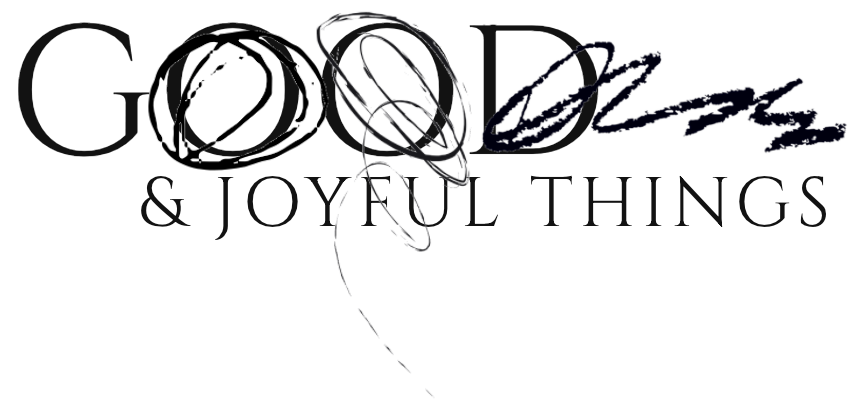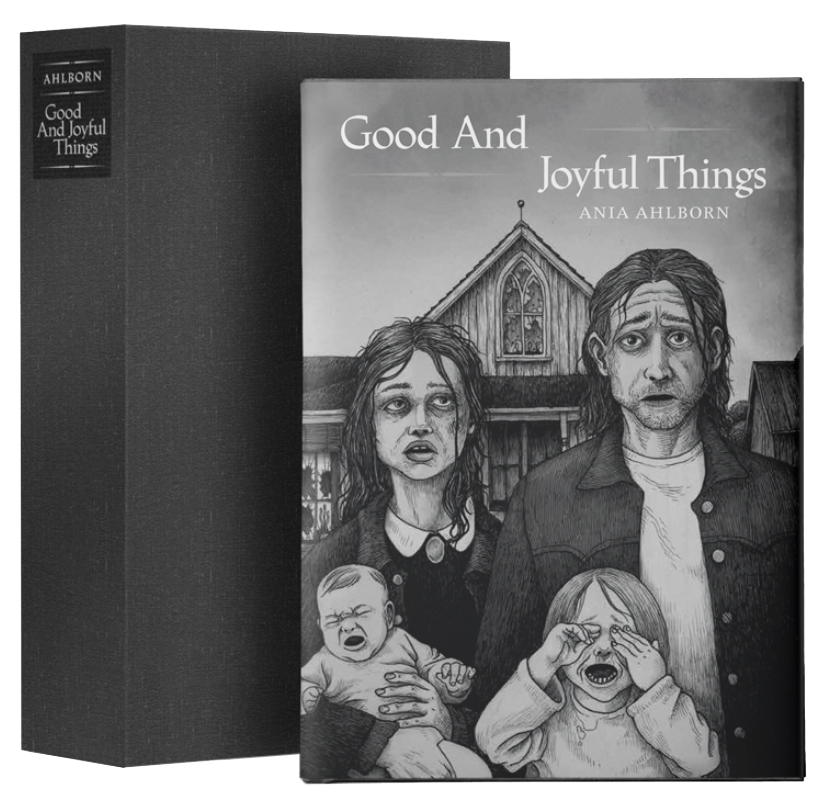



horror novels, thriller novels, scary books, best horror novels, novelist, epic reads, epic reading, epic books


Ania Ahlborn is a Polish-American author known for her work in the horror and thriller genres. Born in Ciechanów, Poland, she moved to the United States when she was young.
Ahlborn began her writing career by self-publishing her first novel, Seed, before gaining recognition for her distinctive voice in horror. Her novels often explore dark and psychological themes, captivating readers with her ability to create chilling atmospheres and complex characters.
One of her notable works, "Brother," garnered attention for its intense narrative and psychological depth. Her storytelling style often blends elements of psychological horror, suspense, and a keen understanding of the dark intricacies of human nature.
She has earned praise for her contributions to both the horror and psychological thriller genres, and her novels have resonated with readers who appreciate atmospheric, character-driven, no-holds-barred fiction.
Originally hailing from Albuquerque, New Mexico, she has lived in Portland, Oregon and Greenville, South Carolina. She currently resides outside of Raleigh, North Carolina with her husband, son, and standard schnauzer.